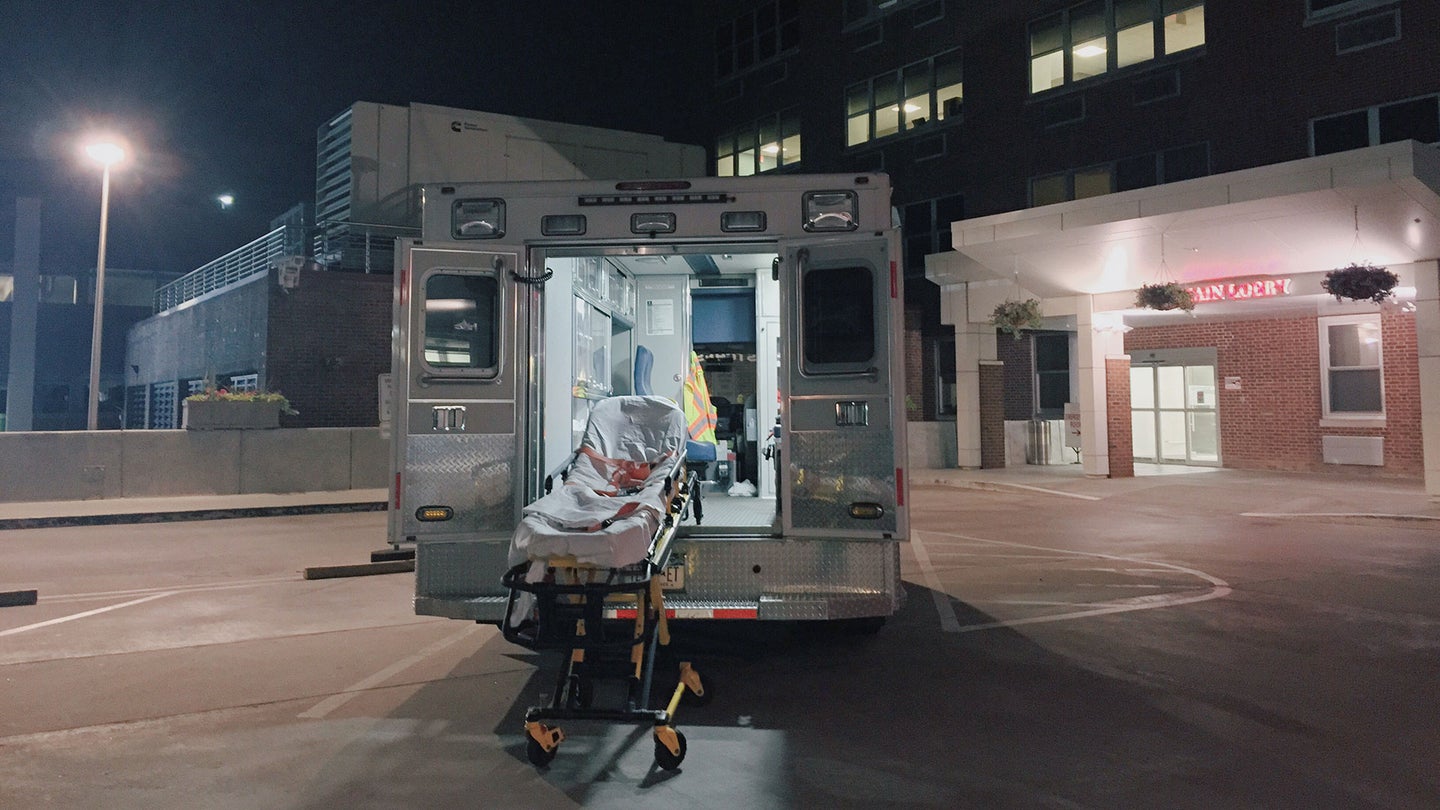Stress in Emergency Services: Different Patches, Same Battle
Don’t suppress your feelings until its too late, there is no shame in asking for help.

Regardless of the uniform or patch you wear, firefighters, EMT/Paramedics, dispatchers and police officers are constantly exposed to the worst day of someone’s life. Although the vast majority of “calls” do not affect us, sometimes your bad day becomes ours. Eventually, a call catches us just right and we can’t help but become emotionally involved.
Emergency responders are forced to go from 0-to-100 in a matter of seconds when called upon in order to successfully render aid. Unfortunately, some of the situations we are exposed to stick in our minds long after “clearing” from a call. What makes the job unique is that we never know what we are going to get into on a day-to-day basis, it could be nothing or it could be a catastrophic event.
When not treated appropriately, a call can manifest itself into night terrors, insomnia, anger, irritability, or mood swings. These reactions are totally unintentional and are just after effects of the situations that are thrown our way. With this in mind, it is critical that all first responders know how to cope with these situations in a healthy and productive manner. Going to the bar after a busy tour with your partner or members of your tour is a way to debrief after a long day, but not as a tool to numb the feeling. The bar is simply a meeting place and not a tool to cope. Going out to the bar to forget is the worst thing one can do and is far from the answer.
I constantly remind myself it's not my family and not my pain, rather it's my job and the job I chose to do. My career is to help make someone’s bad day better, whether it is resetting a faulty smoke detector, responding to a working fire, or working a train versus pedestrian call, I am there to help. Don’t get me wrong, at times things do bother me, but I’ve learned to handle these tough situations throughout the years in a variety of different ways.
I am an over thinker by nature, and in the early stages of my career, I overthought calls long after they were over, making whatever feelings I had worse. Since then, I have learned to leave it at the call and take whatever remaining feelings I have and divert that energy to something I love to do. Several of my outlets are spending time in the gym, working on a project, or developing new ways to increase my job’s social media presence.
These “heavy calls” are perfect scenarios of how important the Firehouse Kitchen Table is in helping members of service come together. It is where we train, eat and spend a good chunk of our tour together. It is a central hub for departments all around the world. It is also the place where we share stories of calls we have been on and how we deal with our emotions. At the firehouse kitchen table, you have a variety of members coming together. At the two-inch thick wooden table you will find your mechanic, your fitness expert, your doctor, your shrink, you real estate expert, your baby expert (for new parents), your relationship advisor, none of which have certifications in any of the above fields, but they are flush with general life experience. Talking to your peers about these stressful situations is one of the best things you can do as these kitchen table confidants were most likely working alongside you at that stressful incident or have been through similar scenarios in the past.
Like most departments, we also have a critical incident stress debriefing team available to us. These teams help us deal with stress management and they are usually set up within 72 hours of a heavy incident. Everyone who responded to a specific incident gathers with a mediator and talks about the incident, what they did and how it is affecting them. I personally have attended three or four of these and they have been extremely helpful in getting my mind off of the incident by carefully breaking it down with everyone who worked the call. However, I find talking with the members of my group at work, ormy partner on the ambulance is the best solution for me.
A few things to remember after these incidents, keep an eye on your fellow members, if you notice they are acting different than usual after the incident, talk to them, see what is bothering them and ask how you can help. Sometimes we need to break everything down and let it all out. Most of us might not want to, but holding it in isn’t helping anyone. We all have each other’s backs out on the street and we should also have each other’s backs behind closed doors. If something is bothering you speak up and seek help, there is no shame in it. Find a healthy outlet for these stressors, to keep your mind clear and ready for whatever the next tour throws your way. Some of the things we see are not meant to be seen, but we push past that and handle the situation for the residents we serve proudly.
Frank Bellantoni – FF/EMT
